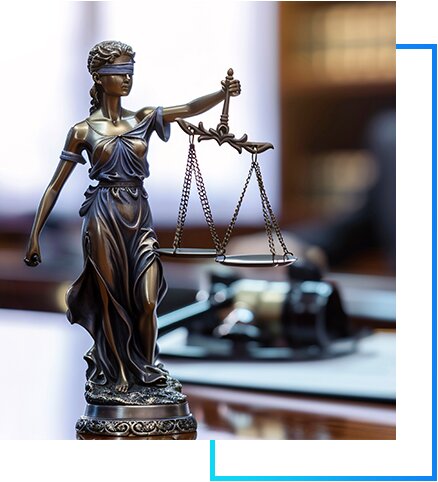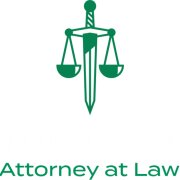Best Disability Lawyers in Durban
Share your needs with us, get contacted by law firms.
Free. Takes 2 min.
List of the best lawyers in Durban, South Africa
About Disability Law in Durban, South Africa
Disability law in Durban, South Africa, falls under the broader umbrella of South African law, particularly the Equality Act of 2010. This Act provides robust rights and protection for those living with disabilities. It seeks to prevent any form of discrimination based on physical or mental disability and offers protection against discriminatory practices in several areas, including employment, education, housing, and access to public services.
Why You May Need a Lawyer
There are several situations where you might need a lawyer regarding disability-related issues. For instance, if you feel you've been discriminated against at your workplace due to your disability. Likewise, if you're denied access to public services or accommodations, or if you experience discrimination when looking for housing, a lawyer can help. In situations where your rights, as laid out by the Equality Act and the Constitution of South Africa, are violated, legal advice can be invaluable.
Local Laws Overview
Local laws in Durban regarding disability revolve primarily around the Equality Act of 2010 and the Constitution of South Africa. According to these laws, persons with disabilities have the same rights as those without disabilities. This includes the right to equality, human dignity, life, freedom and security, and more. Any discriminatory behaviour based on disability is strictly prohibited, be it direct or indirect, intentional or unintentional.
Frequently Asked Questions
What is considered a disability under South African law?
Under South African law, a person is considered disabled if they have a physical or mental condition that has a substantial long-term adverse effect on their ability to carry out usual daily activities.
What can I do if my employer discriminates against me because of my disability?
Under the Equality Act, employers are not allowed to discriminate against employees based on their disability. If you've been a victim of such discrimination, you can seek legal advice. A lawyer can guide you on the best course of action, which may include lodging a formal complaint or even pursuing a lawsuit for damages.
Are businesses required to provide accommodations for people with disabilities?
Yes, according to the Equality Act, businesses and public service providers must take reasonable steps to accommodate individuals with disabilities. This could mean making adjustments to the premises, providing extra support, or adapting the way services are delivered.
Can landlords refuse to rent to me because of my disability?
No, it's unlawful for landlords to refuse to rent property based on a person's disability. If this happens to you, you can seek legal recourse.
What can I do if my rights are violated?
If you believe your rights have been violated, you should seek legal advice. You may also lodge a complaint with the South African Human Rights Commission, which is empowered to investigate such violations and take appropriate action.
Additional Resources
You may find valuable resources and support from governmental bodies such as Department of Justice and Constitutional Development, the South African Human Rights Commission, and the Department of Social Development. These organizations provide resources related to disability law and can offer help and guidance.
Next Steps
If you need legal assistance with a disability-related issue, the first step is to consult with a lawyer experienced in disability law. Prepare all relevant documents related to your case, including any evidence of discrimination or rights infringement. Remember, seeking legal advice early can significantly improve your chances of a positive outcome.
Lawzana helps you find the best lawyers and law firms in Durban through a curated and pre-screened list of qualified legal professionals. Our platform offers rankings and detailed profiles of attorneys and law firms, allowing you to compare based on practice areas, including Disability, experience, and client feedback.
Each profile includes a description of the firm's areas of practice, client reviews, team members and partners, year of establishment, spoken languages, office locations, contact information, social media presence, and any published articles or resources. Most firms on our platform speak English and are experienced in both local and international legal matters.
Get a quote from top-rated law firms in Durban, South Africa — quickly, securely, and without unnecessary hassle.
Disclaimer:
The information provided on this page is for general informational purposes only and does not constitute legal advice. While we strive to ensure the accuracy and relevance of the content, legal information may change over time, and interpretations of the law can vary. You should always consult with a qualified legal professional for advice specific to your situation.
We disclaim all liability for actions taken or not taken based on the content of this page. If you believe any information is incorrect or outdated, please contact us, and we will review and update it where appropriate.














